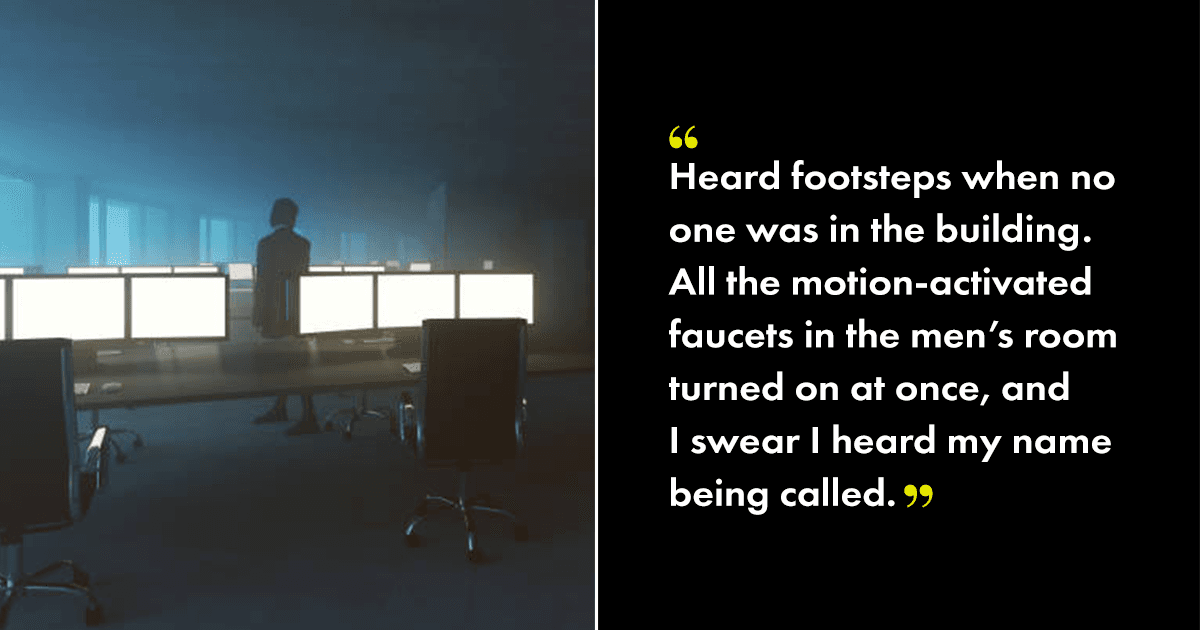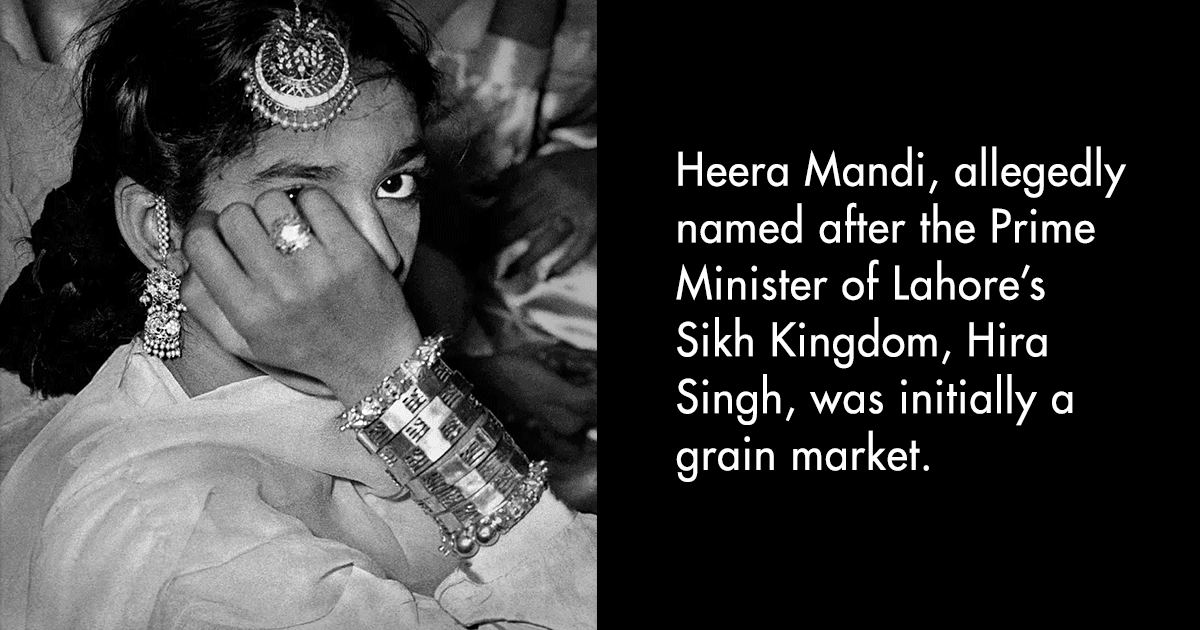Wars have a disastrous impact on everyone, those fighting on the front and common people.
During World War II, Stalin’s attack on Poland orphaned thousands of children, who were then relocated to the Soviet Union in camps and temporary orphanages. Suffering from illness and hunger, hundreds of Polish children and women managed to escape the dire circumstances.
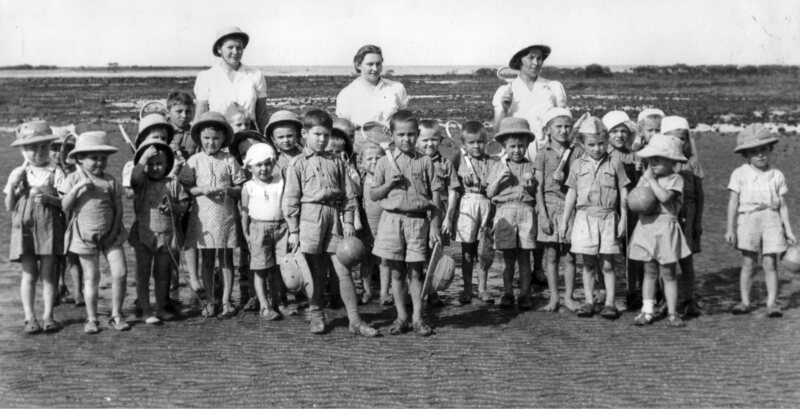
At a time when no country was ready to help them, and even the British governor refused them entry at the Mumbai port, an Indian Maharaja offered them help.
Maharaja Digvijaysinghji Ranjitsinghji Jadeja of Nawanagar, an Indian princely state in the Kathiawar region, who had heard of the plight of the refugees, sought to help them. He even pressurised the British government to allow the refugees to enter India.
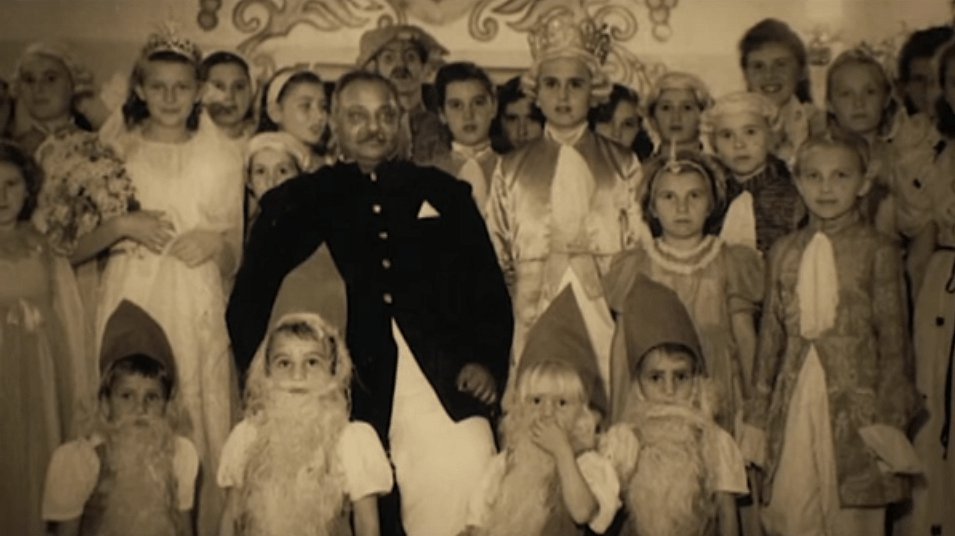
When things didn’t seem to work out with the British government, the Maharaja ordered the ship to dock at Rosi port in his province.
Welcoming the Polish women and children, he said:
Do not consider yourself orphans. You are now Nawnagaris and I am Bapu, father of all the people of Nawanagar, so also yours.
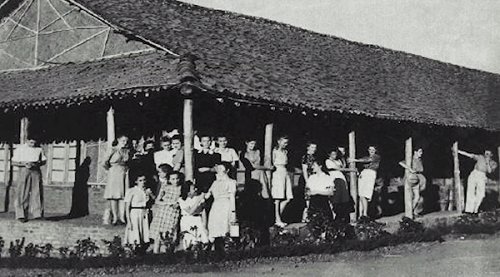
The Maharaja not only ensured that these children and women had access to basic necessities but also went beyond everything to provide them a home away from home.
He made conscious efforts to ensure that these children received proper education and encouraged them to keep their Polish culture and traditions alive.
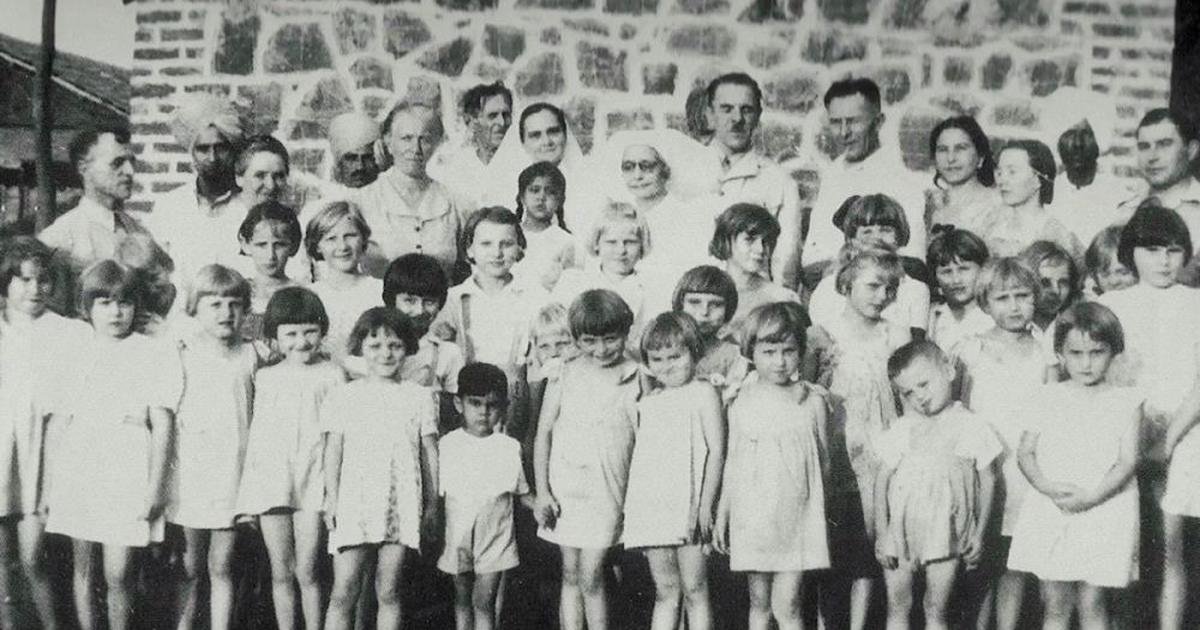
While it is believed that Digvijaysinghji never asked for anything in return for his gesture, he had a dream – a street be named after him in Poland. It was only after Poland became fully independent in 1989 that a square in Warsaw was named after him.
City of Warsaw unveils Jam Saheb of Nawanagar memorial in the “Square of Good Maharaja” pic.twitter.com/nqB6O1x4Jy
— India in Poland (@IndiainPoland) October 31, 2014
In Warsaw, one can visit the Square of the ‘Good Maharaja’.
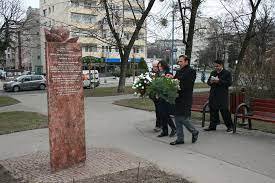
A documentary, Little Poland in India, showcases and honous the humanitarian gesture of the Maharaja.
The Maharaja’s actions make every Indian proud because the times were tough for everyone, even Indians.





